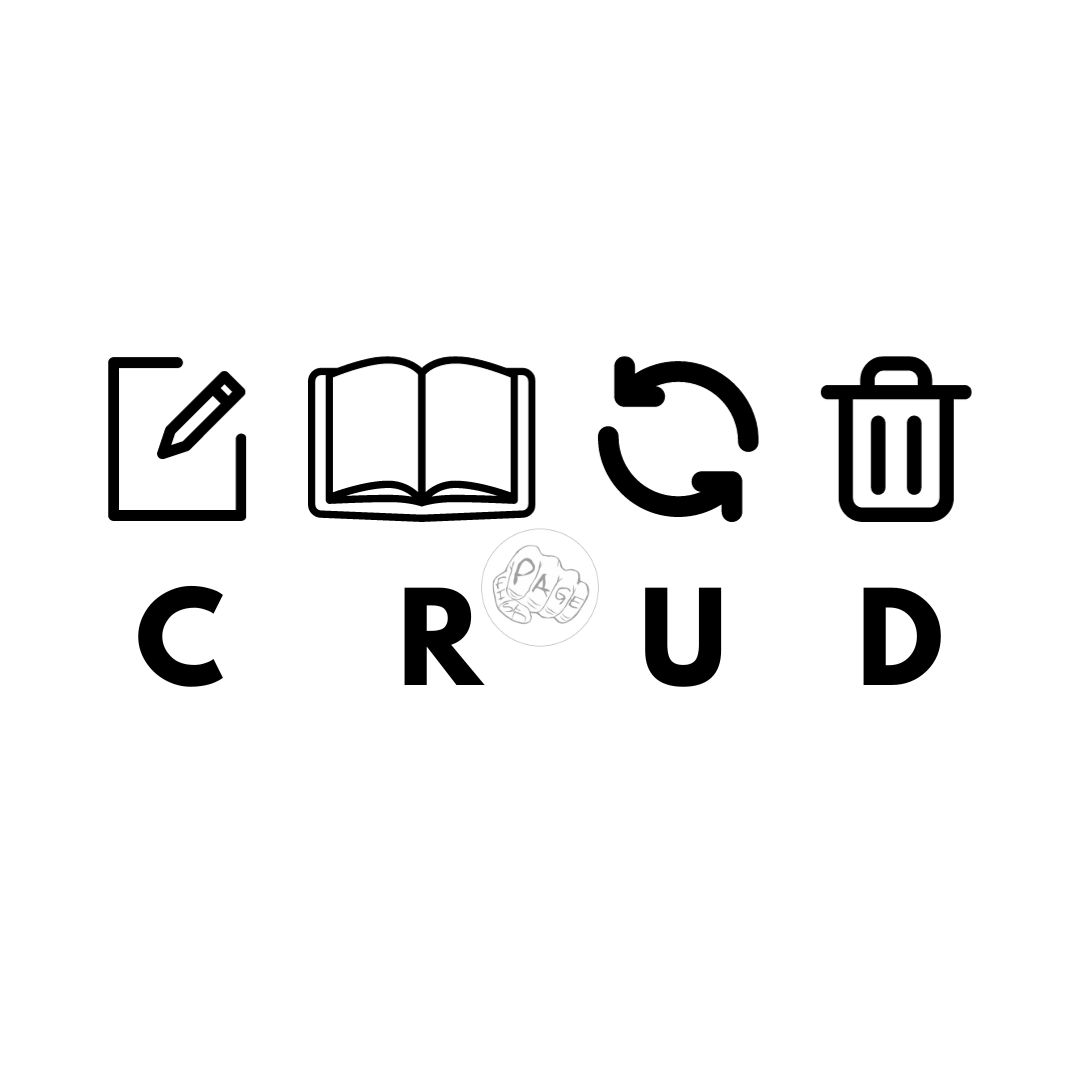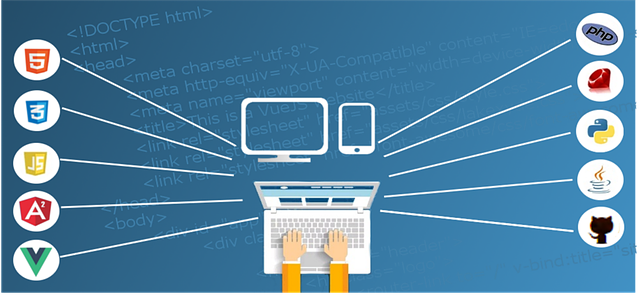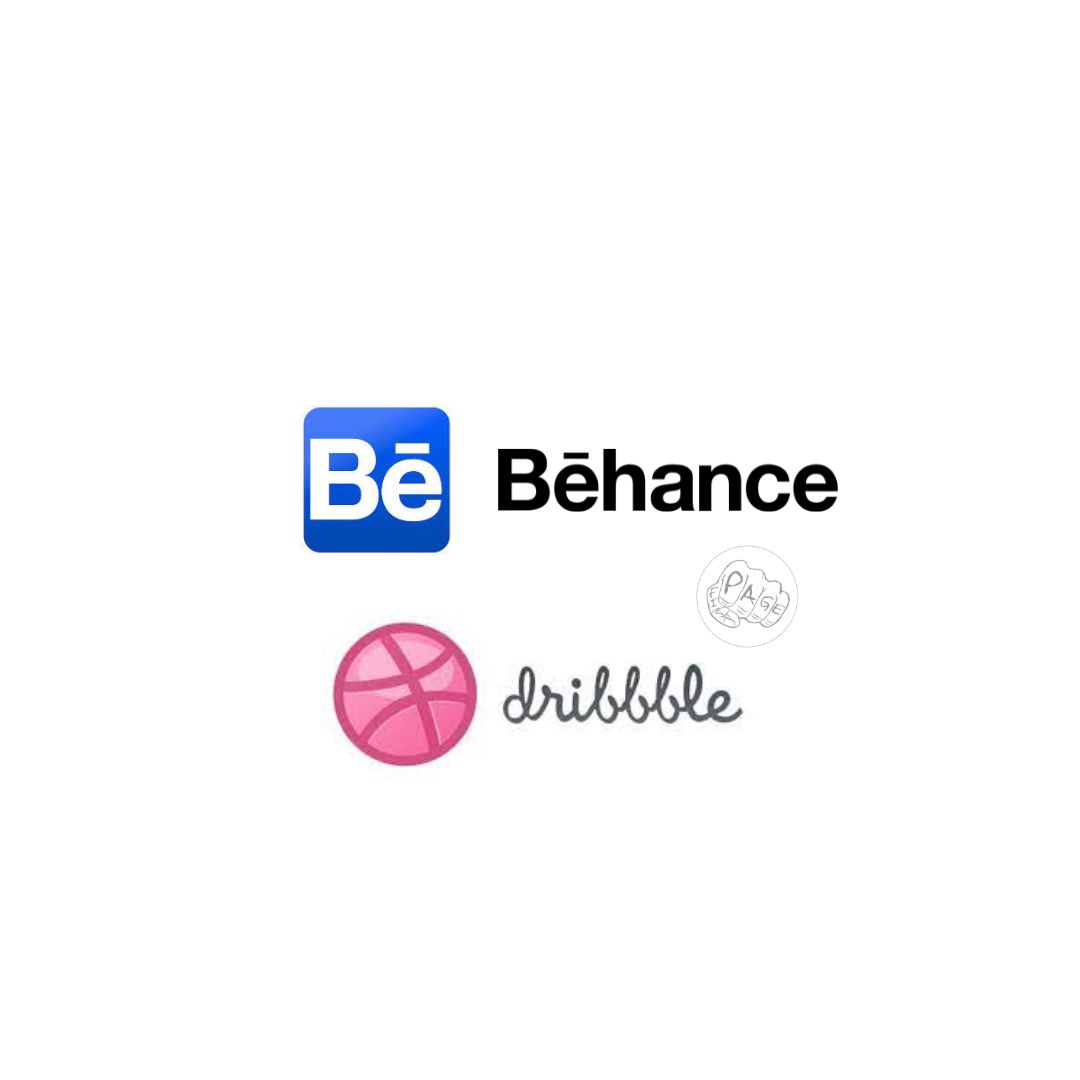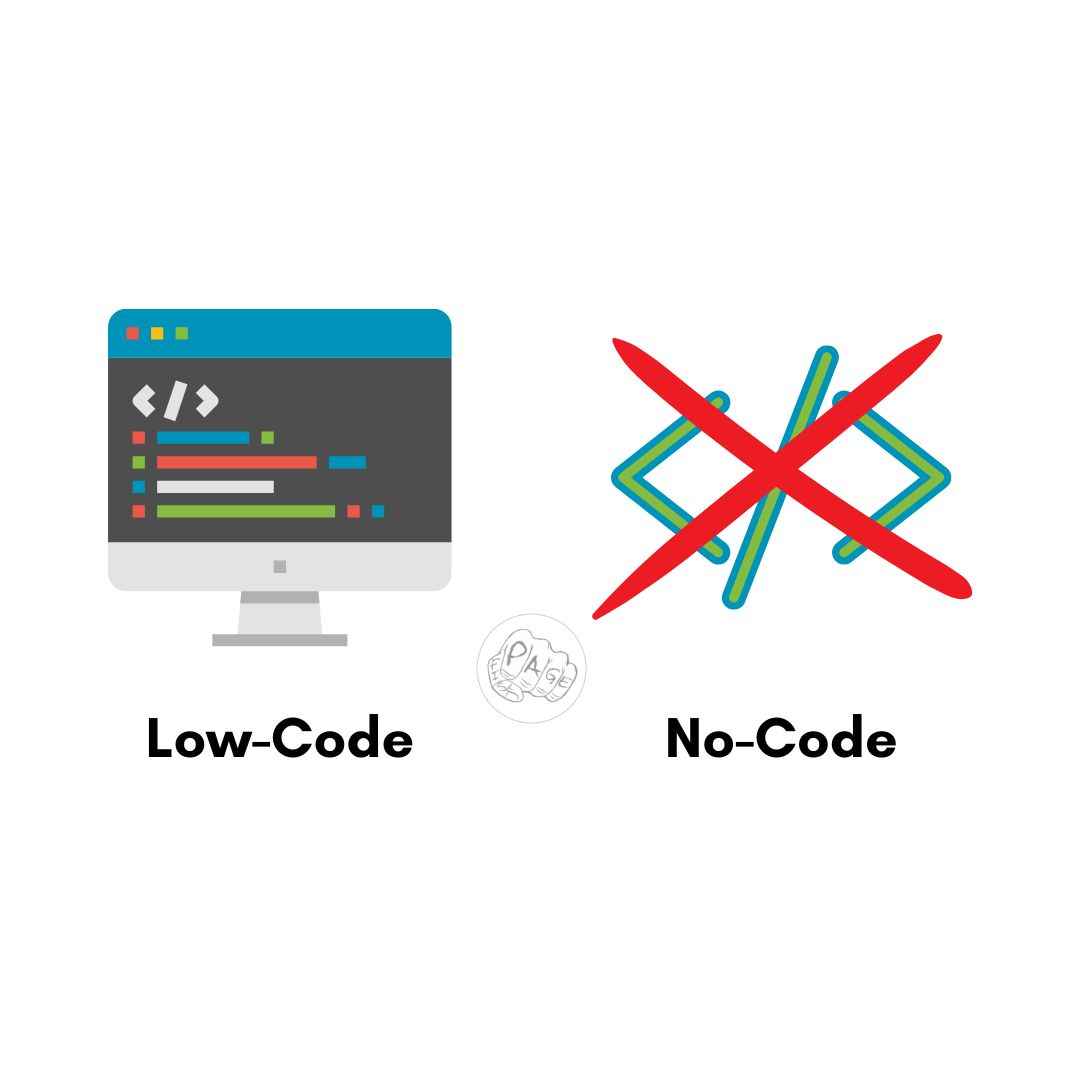What Is CRUD? Create, Read, Update, and Delete
Explore the enchanting world of CRUD operations – CREATE, READ, UPDATE, and DELETE – as we delve into the art of software mastery. Uncover the secrets to crafting, navigating, refining, and pruning data with precision. This developer's guide will elevate your coding prowess and orchestrate a symphony of efficiency in your applications.
CRUD Operations: A Developer's Guide
In the dynamic world of software development, the mastery of CRUD operations is akin to wielding a magic wand for developers. Understanding the nuances of CREATE, READ, UPDATE, and DELETE (CRUD) is not just a skill—it's an art that can elevate your coding prowess.
CREATE
The journey begins with CREATE, the architect's brushstroke on the canvas of databases. Crafting new data with precision is an essential skill. It's not just about adding entries; it's about sculpting information that aligns harmoniously with the application's architecture.
READ
READ is the navigation through the vast tapestry of data. It's not just about fetching information; it's about efficiently querying databases to unveil the hidden gems. Think of it as the treasure map in your coding adventure.
UPDATE
Enter the realm of data dynamism with UPDATE. This operation allows you to tweak existing records, ensuring your data stays in sync with the ever-evolving requirements. It's like fine-tuning a musical instrument for optimal performance.
DELETE
DELETE is the pruner in your data garden. It's not about reckless chopping; it's about precision pruning to remove the unnecessary, fostering a garden of efficient data.
Conclusion
In the grand crescendo of your development journey, a profound understanding of CRUD operations is your ticket to a standing ovation. By mastering CREATE, READ, UPDATE, and DELETE, you don't just code; you compose a symphony that resonates in the digital realm, leaving an indelible mark on the coding landscape.
Share This Post
Related Articles
Website Designing and Development Company in Chhattisgarh
Welcome to pagefist, the best Website Designing and Development Company in Chhattisgarh. We offer high-quality web solutions for your business needs. Whether you need a stunning website, a powerful e-commerce platform, or a custom web application, we have the expertise and experience to deliver it. Contact us today and let us help you grow your online presence with pagefist.
What is the difference between HTML and XHTML?
HTML and XHTML are both markup languages that are used to create web pages. HTML stands for HyperText Markup Language, while XHTML stands for eXtensible HyperText Markup Language. The main difference between HTML and XHTML is that XHTML follows the rules of XML, which is a more strict and well-formed syntax than HTML.
Unveiling the Significance of Behance and Dribbble for Developers and Designers
Explore why Behance and Dribbble hold immense value as social media platforms for developers and designers. Dive into the core essence of these platforms and how they foster creativity, exposure, and community.
Low-Code/No-Code Development Empowers Non-Developers to Create Applications Easily
Explore the revolutionary trend of low-code and no-code development that is enabling individuals without coding experience to build functional applications effortlessly. Discover how these platforms bridge the gap between technical and non-technical users and revolutionize the way applications are created.
How Web Development Enhances SEO
Discover how optimizing your web development practices, from site speed to clean code, can significantly boost your SEO and improve search rankings.
Related FAQ
No related FAQ.
Say Hello
To Your Dream





